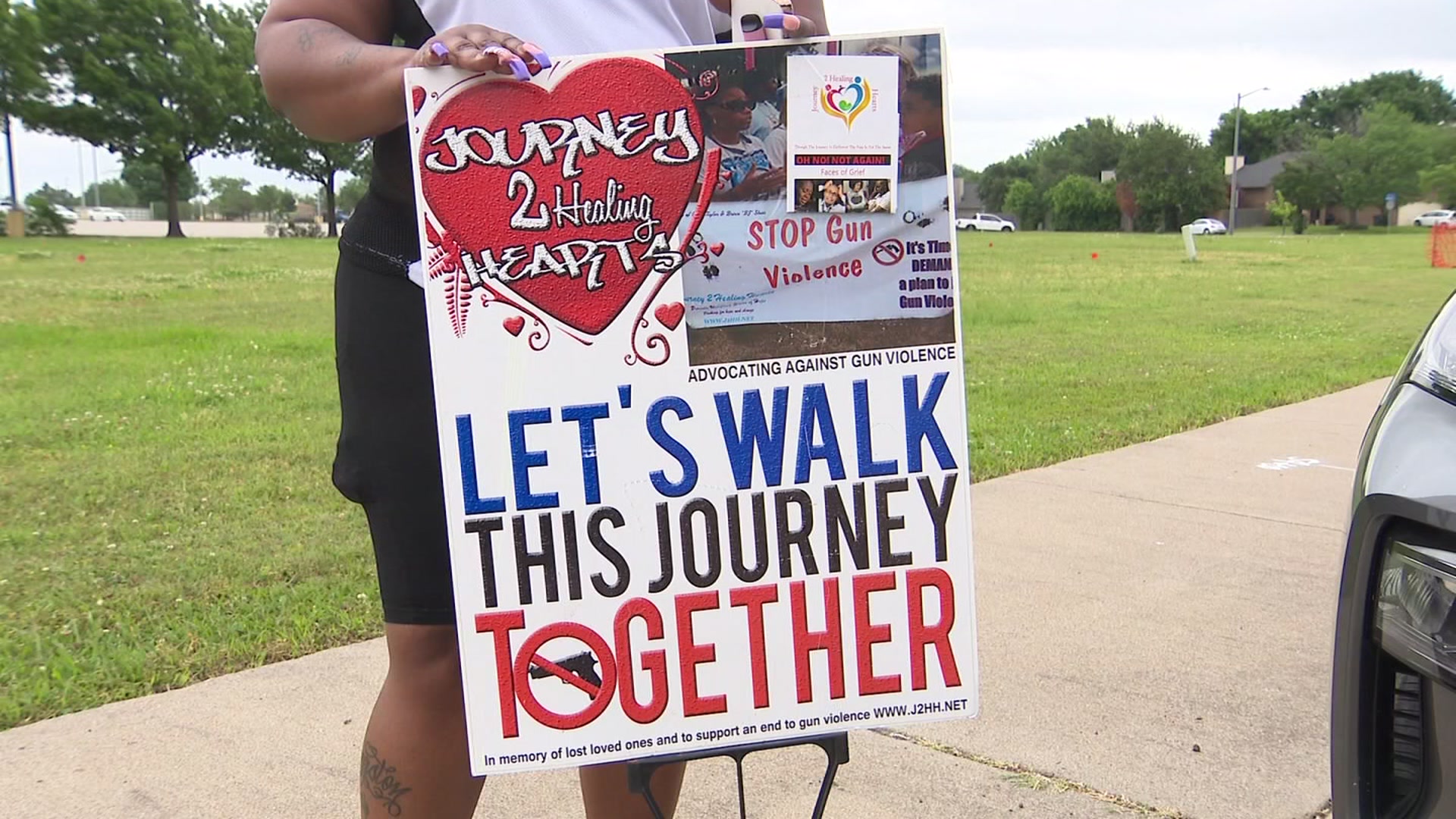Thursday was World Suicide Prevention Day and a stark reminder that for young people between the ages of 15 and 24, suicide is the leading cause of death.
Within Children’s Health Suicide Prevention and Resilience in Children Program, also known as SPARC, clinical therapist Jeff Armstrong said it's more important now than ever to have a conversation about suicide and depression.
“I think this epidemic is probably correlated or linked to increased suicide rates, you know? Stressful events are risk factors for adolescents,” said Armstrong.
He said there are several symptoms of both depression and anxiety parents can watch for: isolation, agitation, not doing things or enjoying things their teens used to enjoy, fear of doing things that they used to be able to do and changes in sleep or appetite.
Armstrong suggested parents also monitor their child’s social media channels and not be afraid to have direct conversations if needed.
"It's okay to ask them if they're having suicidal thoughts. If you notice changes in people's behavior say, 'Hey it makes sense',” said Armstrong.
Throughout its seven-year run, SPARC has graduated more than 1,000 teens.
Local
The latest news from around North Texas.
Among them is 16-year-old Abby Phillips.
“I had my first suicide attempt when I was 12 due to a bunch of family issues, bullying and just depression in general, and then I think the worst of it hit when I was 13,” said Phillips. “There was just so much stuff going on in my life, and I felt overwhelmed and at a loss for motivation at a loss for a means to carry on.”
Phillips said group therapy, which taught her she wasn’t alone, made all of the big feelings she felt easier to cope with.
Today, outpatient therapy and poetry continue to do the same.
Phillips is in the 11th grade, thriving and planning on a career as a pediatric surgeon to help kids like she was helped.
And though it’s hard, she’s chosen to share her story in hopes it can help another teen like her.
“There are going to be tough spots. Everybody has tough spots. It can be really difficult to get through, but it’ll get better and you just have to look towards the next day. You’ve got to keep finding your reason to continue,” said Phillips.
To donate to the Children’s Medical Center Foundation to support programs like SPARC, click here.
If you or someone you know needs help, the National Suicide Prevention Lifeline is open 24 hours a day. Call 1-800-273-8255. You can also text “HOME” to 741-741.



